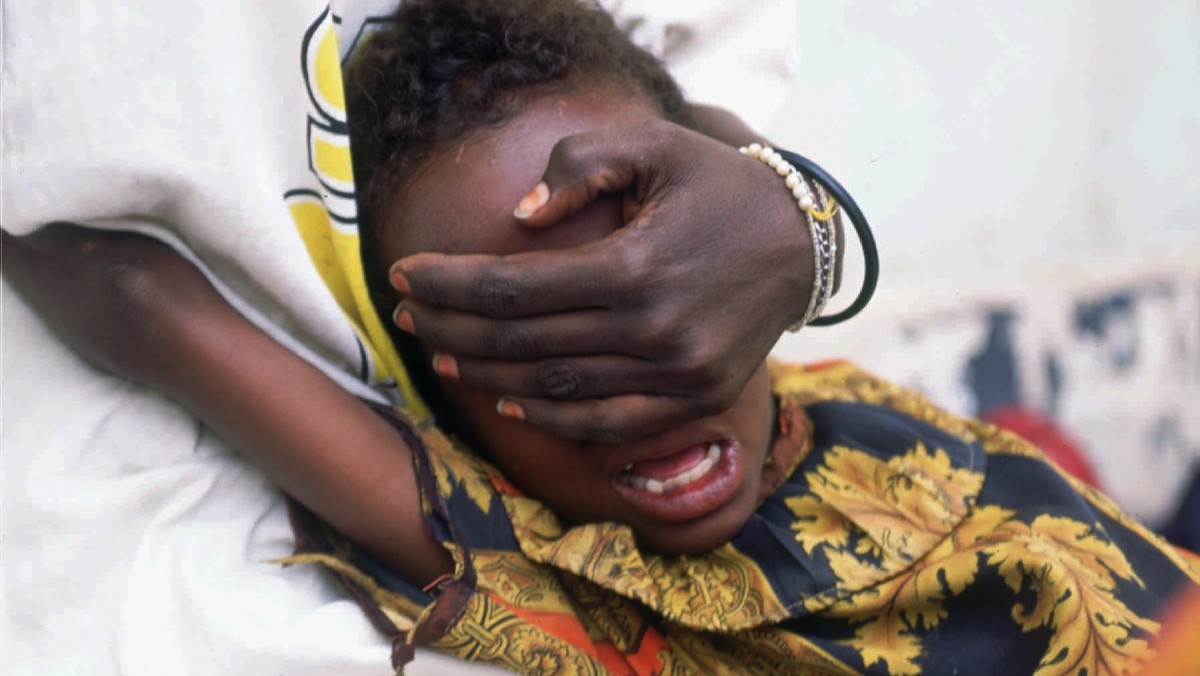 United Nations Children’s Fund (UNICEF) and United Nations Population Fund (UNFPA) have called for urgent action at ensuring that the 2030 deadline to end Female Genital Mutilation (FGM) is achieved.
United Nations Children’s Fund (UNICEF) and United Nations Population Fund (UNFPA) have called for urgent action at ensuring that the 2030 deadline to end Female Genital Mutilation (FGM) is achieved.
In a statement, yesterday, the two global agencies, which said no fewer than 4.3 million girls at risk of mutilation this year, warned that if urgent measures are not put in place, the figure could rise to 4.6 million by 2030.
They identified conflict, climate change, rising poverty and inequality as factors hindering efforts to transform gender and social norms, which according to them, “underpin this harmful practice and disrupt programmes that help protect girls.”
The statement, which is on elimination of the menace in Nigeria, in commemoration of the International Day of Zero Tolerance for FGM, urged critical stakeholders to put in place measures to protect rights of girls and women.
It also advised government to develop national action plans to end the hurtful practice across the federation.
The statement reads in part: “Female Genital Mutilation (FGM) remains widespread in Nigeria. With an estimated 19.9 million survivors, the country accounts for the third highest number of women and girls, who have undergone FGM worldwide, with the risk of cutting highest in the first five years (86 per cent of girls circumcised before age five – National Demographic and Health Survey 2018).”
“FGM prevalence in Nigeria is decreasing among women aged 15 to 49 years, according to data from the 2021 Multiple Indicator Survey (MICS) (18 to 15 per cent 2016-17/2021). Similarly, the prevalence among girls aged 0 to14 years decreased from 25 to eight per cent during the same time period (MICS 2021). This significant decrease is a welcome development, given that an estimated 86 per cent of females aged 15 to 49 years were subjected to FGM before the age of five (NDHS 2018). At the same time, 12 states had a prevalence (rate) higher than the national prevalence, ranging from nine per cent in Edo to 35 per cent in Kwara and Kano states.
“FGM violates rights of women and girls and limits their opportunities for the future in health, education and income. Rooted in gender inequality and power imbalances, it is an act of gender-based violence that harms girls’ bodies, dims their futures and endangers their lives.”
UNFPA Resident Representative, Ulla Mueller, who said men and boys remain key partners in addressing gender inequality and harmful practices, harped on the need for all hands to be on deck to deliver the global promise of eliminating FGM by 2030.
On his part, UNICEF Nigeria Country Representative, Cristian Munduate, said as a result of the collective efforts “we are witnessing significant opposition from men and boys to FGM” adding that “today, men and boys are more receptive to change than before, and in some communities, they are more likely to disapprove of female genital mutilation and domestic violence than women and girls.”






